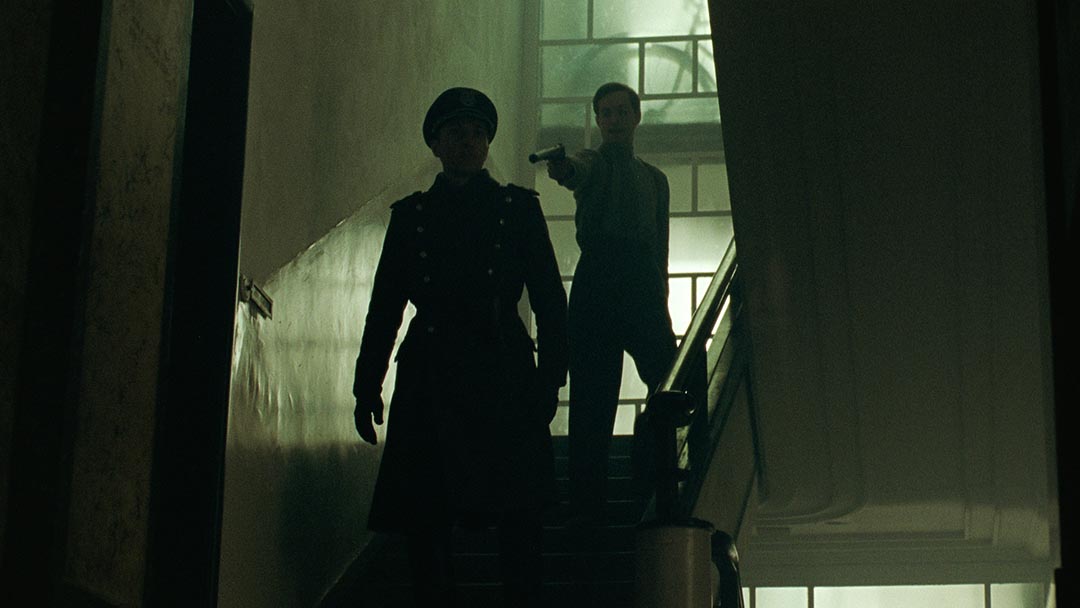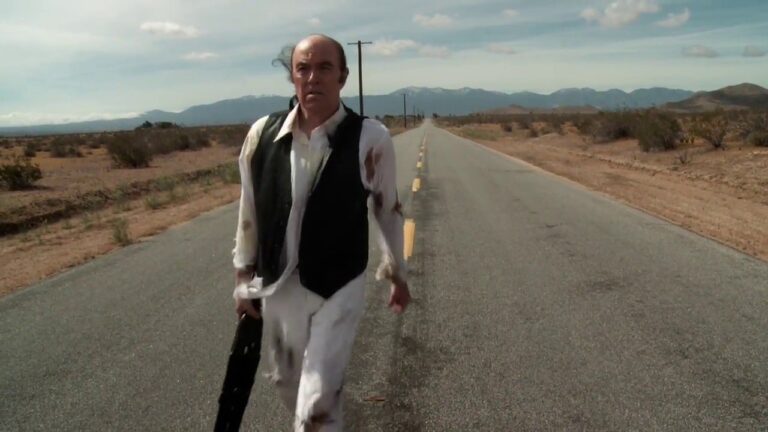
Director Gunhild Westhagen Magnor is on a mission to bring a female war hero to the big screen, a pursuit she says is being slowed down by the Norwegian Film Institute (NFI) due to limited funding. With recent attention on war films dominated by male heroes, Magnor’s work highlights the underrepresented stories of women who played critical roles during WWII.
Magnor has dedicated a decade to developing a film about Eva Kløvstad, Milorg’s only female district leader, yet her project has repeatedly failed to secure sufficient funding from NFI, even though she argues it’s time to showcase “something different” on screen. “Is it because these are stories about women that they don’t get told? I think the answer to that, at least in part, is yes,” she shared with NRK, voicing her frustration over the lack of support for stories with women at the forefront.
This issue resonates widely, with Norske Filmregissører head Leiv Igor Devold affirming that films with female war protagonists deserve a place in Norwegian cinema. “It’s absolutely clear that women have made an enormous contribution in wars throughout history… today, we see women’s roles in Ukraine or Gaza, showing that women are an essential factor in any war,” he noted, calling for an expansion of these narratives to the big screen.
In response, Terez Hollo-Klausen, director of artistic assessment at NFI, stated that the organization is working to increase female representation both in front of and behind the camera. She asserted, “We see that the proportion of women, both in front of and behind the camera, is moving in the right direction.” When asked about the inclusion of women in war films, she added, “Yes, absolutely. Art is free. We place no restrictions on what films should be about, nor on who should be in front of or behind the camera,” emphasizing that the Institute supports diverse perspectives in film.
Magnor remains hopeful yet critical as she navigates the challenging funding environment. For her, bringing Kløvstad’s story to the screen is not only about representing women’s contributions in WWII but about challenging the genre’s conventions altogether.




